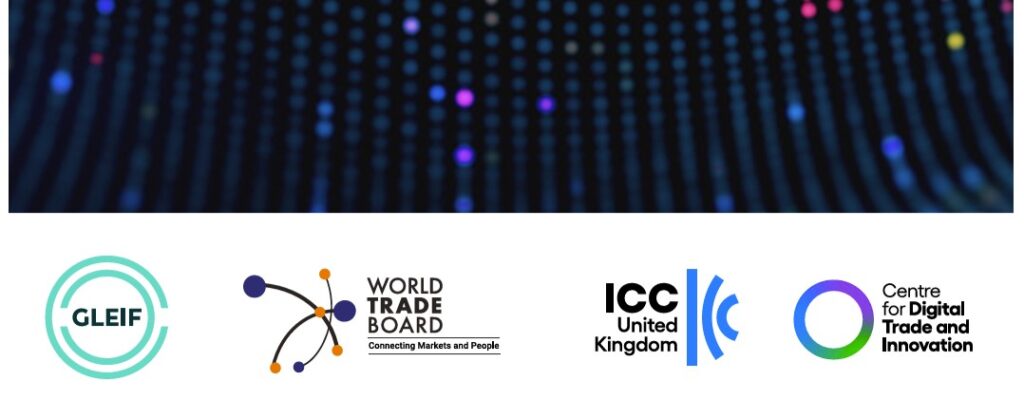
Legal Entity Identifiers (LEIs) are the global identity framework for cross-border trade and a foundation on which to deliver a cheaper, faster, simpler, more sustainable and secure trading system.
LEIs provide the ability for companies and governments to have total transparency across the trade system: where the goods are, where they are coming from and going to, who owns them and who is paying for them. They connect all aspects
of the trading system — shipping, customs and finance — making trade easier, cheaper and more trustworthy. LEIs are closely linked to the concept of
organisational identity.
A company’s LEI is the equivalent of a person’s passport. A LEI contains the basic information to identify a legal entity, which can then be used to link to records held in public and private databases, such as credit bureaus, banks and financial
institutions, or market intelligence service providers. All LEIs are issued based on the ISO 17442 standard developed by the International Organization for
Standardization (ISO). It connects to key reference information that enables clear and unique identification of legal entities.
LEIs provide a common, interoperable identity framework for international trade, acting as a “connector” to other specific-purpose and proprietary identity schemes.
As several open and proprietary legal entity identification schemes currently co-exist and serve different business purposes, LEIs simplify legal entities’ data management, compliance and reporting processes. In this sense, LEIs act as a Public Utility Structure and do not compete with proprietary identifiers such as the S&P or DUNS numbers. The LEI is distinct in that it is publicly accessible and
interoperable, linking systems across borders and scaling the benefit of trade digitalisation.
Despite being widely recognised by global regulators, LEIs are poorly understood by companies, especially SMEs.
As at the end of 2023, the total LEI population was approximately 2.41 million globally. The LEI has been widely used in international reporting regimes, having been embraced in 233 regulations and 61 policy recommendations across the globe. The LEI is mandated in major markets via regulatory instruments by financial regulators in the European Union, the United Kingdom, the United States and India. Given their use in the financial sector, LEIs have the potential for greater uptake throughout the value chain and trade processes between parties.
Throughout the global supply chain, LEIs can be used to enhance transparency, streamline business processes, and incur savings in operational costs, especially in light of ongoing trade digitalisation efforts. Several examples are presented of the benefits of LEIs in the supply chain.
Source: ICC United Kingdom
